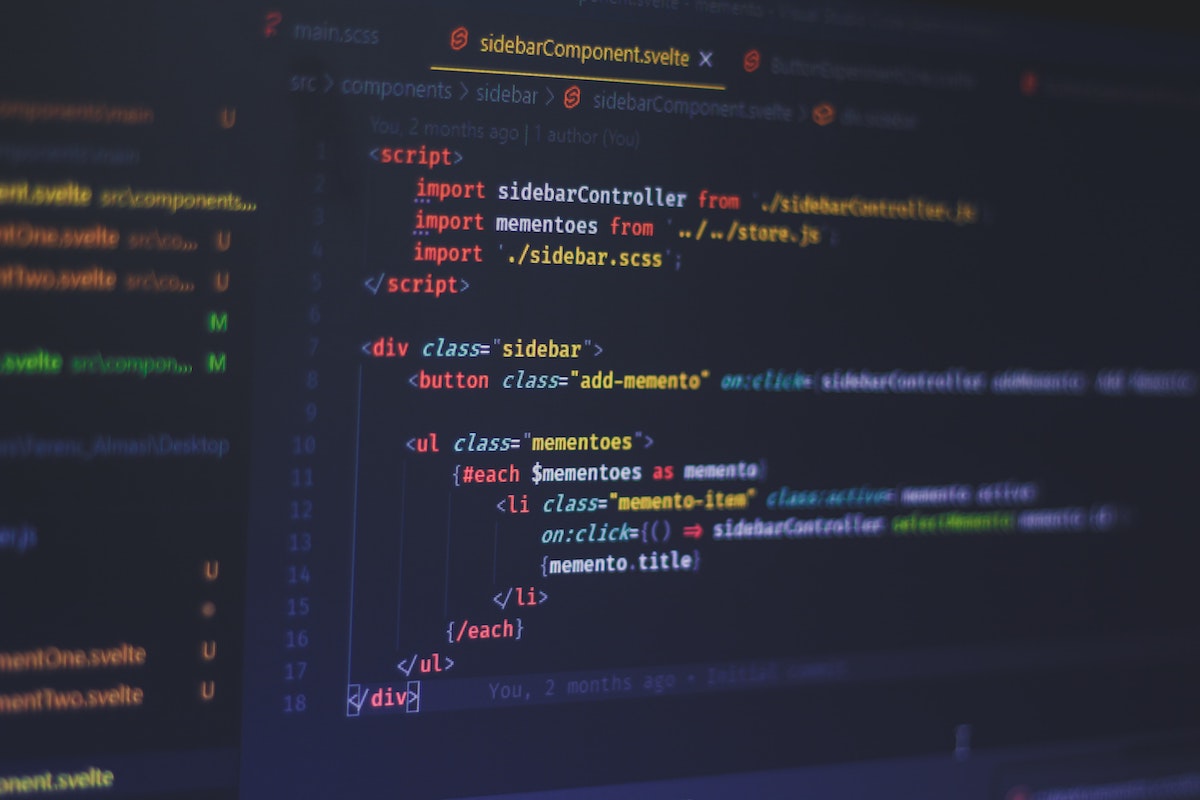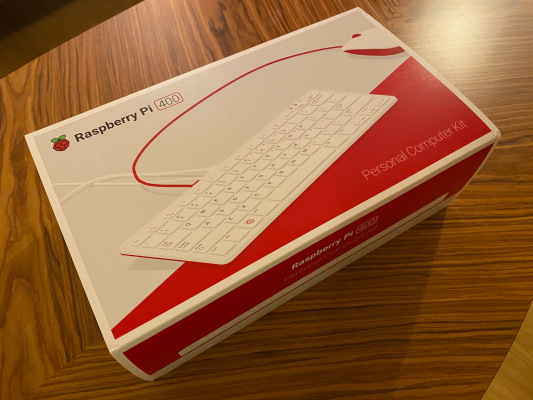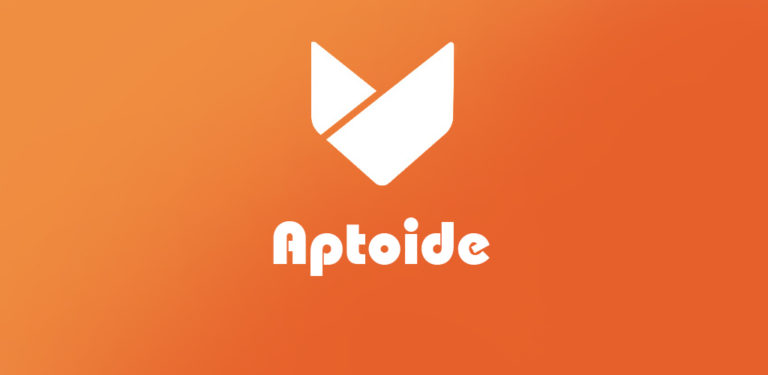Understanding Coding vs Programming
Coding and programming are two terms often used interchangeably, but they have distinct differences. If you’ve ever wondered what sets them apart, this article will provide you with a clear understanding. Whether you’re a beginner looking to learn coding or a seasoned professional exploring the world of programming, it’s important to grasp the disparities between these two essential components of computer science.
What is Coding?
Coding refers to the process of writing instructions in a programming language to create a specific set of actions or functions. It is the fundamental skill to develop software, websites, and applications. When you learn to code, you can translate human ideas and concepts into a language that computers can understand and execute.
Coding primarily involves writing lines of code using a programming language such as Python, JavaScript, or C++. It requires attention to detail, logical thinking, and problem-solving skills. You can begin coding and experimenting with small projects with just a computer and some time. It’s an accessible entry point for anyone interested in technology and programming.
Understanding Programming
Programming, on the other hand, encompasses a broader scope than coding. It involves the entire process of designing, writing, testing, and maintaining complex software applications. While coding is a subset of programming, programming entails a more comprehensive skill set.
Programming projects are usually more extensive and more complex compared to coding tasks. They may require specialized software tools, project management techniques, and a solid knowledge of algorithms and data structures. Programming involves integrating different components, libraries, and frameworks to build sophisticated software systems.
The Role of Project Management
One significant distinction between coding and programming is the need for project management. While coding can be a solitary activity, programming often involves collaboration and coordination among team members. Project management methodologies, such as Agile or Waterfall, are commonly employed to ensure efficient communication, task allocation, and timely completion of programming projects.
A More Solid Knowledge Base
Another aspect that sets programming apart from coding is the requirement for a more solid knowledge base. While coding can be learned and practiced incrementally, programming demands a deeper understanding of various programming concepts and principles. Programmers must be familiar with algorithms, data structures, design patterns, and software architecture to develop efficient and scalable solutions.
Specialized Software Tools
While coding can be done with just a computer and a text editor, programming projects often require specialized software tools. Integrated Development Environments (IDEs) offer a range of features that facilitate the programming process, such as code editors, debuggers, and built-in compilers. IDEs like Visual Studio, Eclipse, or PyCharm enhance productivity and provide a comprehensive environment for software development.
Conclusion
In conclusion, coding and programming are distinct yet interconnected disciplines within computer science. Coding involves writing instructions in a programming language to create specific actions or functions, while programming encompasses designing, developing, and maintaining complex software systems.
If you want to learn to code, you can start with a computer and some time to experiment with small projects. However, to become a proficient programmer, you must acquire a solid knowledge base, understand project management techniques, and utilize specialized software tools. Both skills are essential in the ever-evolving world of technology, whether coding or programming.








